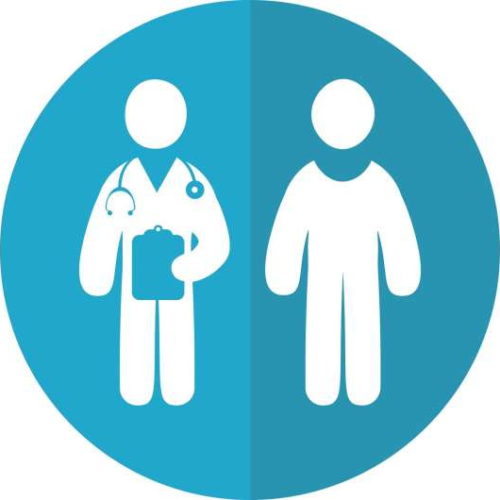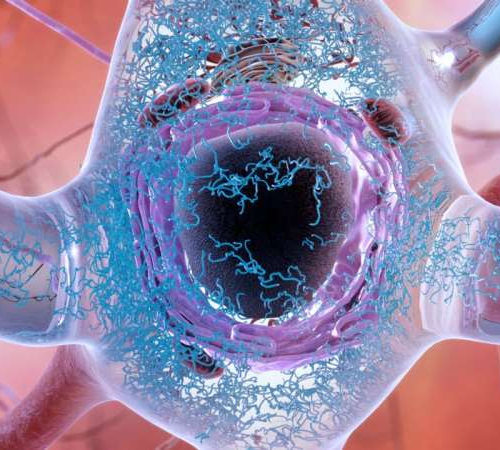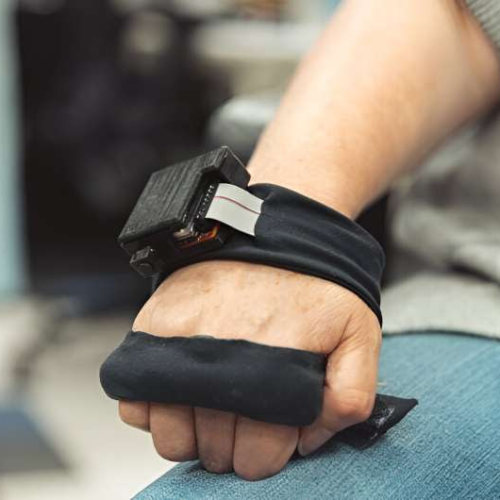by Deb Balzer, Mayo Clinic News Network Credit: Pixabay/CC0 Public DomainYou may be familiar with high-density, or good cholesterol; low-density lipoproteins (LDL), or bad cholesterol; and their connections to heart health. But what about triglycerides? Often that word gets skimmed over when talking about cholesterol levels. Dr. Regis Fernandes, a Mayo Clinic cardiologist, says triglycerides...
Year: <span>2024</span>
‘Obesity plus’: What’s next for GLP-1s?
Ayisha SharmaNews ReporterKatherine LewinNews ReporterNovo Nordisk and Eli Lilly are set to make billions of dollars each year off their GLP-1s, but patients and prescribers are still eager for improved drugs, citing GI side effects, muscle loss and weight gain after stopping treatment Add in the potential for drugs like Novo’s semaglutide (marketed as Wegovy...
New genetic therapy shows promise for motor neuron disease and frontotemporal dementia
by Georgia Gowing, Macquarie University Credit: Neuron (2024). DOI: 10.1016/j.neuron.2024.01.022Macquarie University neuroscientists have developed a single-dose genetic medicine that has been proven to halt the progression of both motor neuron disease (MND) and frontotemporal dementia (FTD) in mice—and may even offer the potential to reverse some of the effects of the fatal diseases. It may also...
A man died from Alaskapox last month. Here’s what we know about the virus
By Joe Hernandez In January, a man living on Alaska’s Kenai Peninsula died of Alaskapox. Pictured is Bear Glacier in the Kenai Fjords National Park on Sept. 1, 2015, in Seward, Alaska. Mandel Ngan/AFP via Getty ImagesAlaska health officials reported last week that a man died in January after contracting a virus known as Alaskapox....
Superbug killer: New synthetic molecule highly effective against drug-resistant bacteria
Peer-Reviewed Publication HARVARD UNIVERSITY OVERVIEW AND CLOSE-UP OF CRESOMYCIN BOUND TO THE BACTERIAL RIBOSOME OF THERMUS THERMOPHILUS. CREDIT: YURY POLIKANOV/UNIVERSITY OF ILLINOIS CHICAGO A new antibiotic created by Harvard researchers overcomes antimicrobial resistance mechanisms that have rendered many modern drugs ineffective and are driving a global public health crisis. A team led by Andrew Myers,...
New treatment for a rare and aggressive cancer improves survival rates in breakthrough clinical trial
by Queen Mary, University of London Credit: Pixabay/CC0 Public DomainAn innovative treatment significantly increases the survival of people with malignant mesothelioma, a rare but rapidly fatal type of cancer with few effective treatment options, according to results from a clinical trial led by Queen Mary University of London. The findings have been published in JAMA Oncology....
New study reveals the hidden emotional cost of sleep deprivation
In a world that never sleeps, cutting back on slumber has almost become a badge of honor. But what if the price of those extra waking hours is more than just a caffeine dependency and an occasional yawn? A new study published in the Journal of Sleep Research suggests that sleep deprivation could be robbing...
2024 Will See Major Advances in Glaucoma Care
Richard Mark Kirkner Dry eye and glaucoma may be the two most confounding conditions ophthalmologists face. Late last year, the US Food and Drug Administration (FDA) approved three new treatments for dry eye disease (DED) and one new procedure for glaucoma, which means ophthalmologists will soon have the opportunity to incorporate these therapies into their...
Are stressed-out brain cells the root cause of neurodegenerative disease?
by University of California – Berkeley An illustration of a brain cell in a person with Alzheimer’s disease, showing the accumulation and clumping of tau proteins (blue squiggles) in the cytoplasm of a brain cell. Protein clumps, also known as aggregates, are thought to lead to cell death and dementia. New research suggests that such clumps...
Vibrating glove helps stroke patients recover from muscle spasms
by Andrew Myers, Stanford University The VTS Glove on a patient’s hand. The team engineered and fabricated over 20 devices for this study in-house in Stanford labs. Credit: Andrew BrodheadAfter a stroke, survivors often experience uncontrollable spasms that can twist their arms and hands into perpetual fists. The only treatments are expensive, frequently painful injections of...





